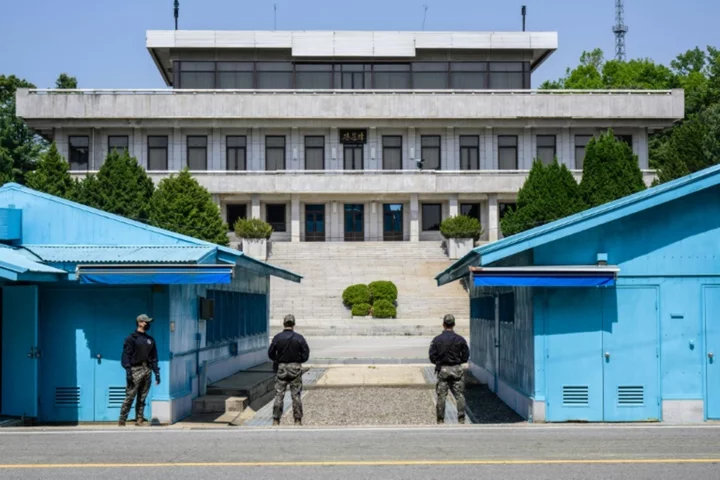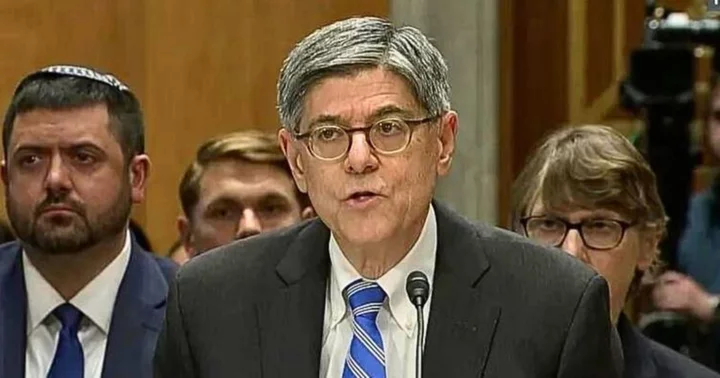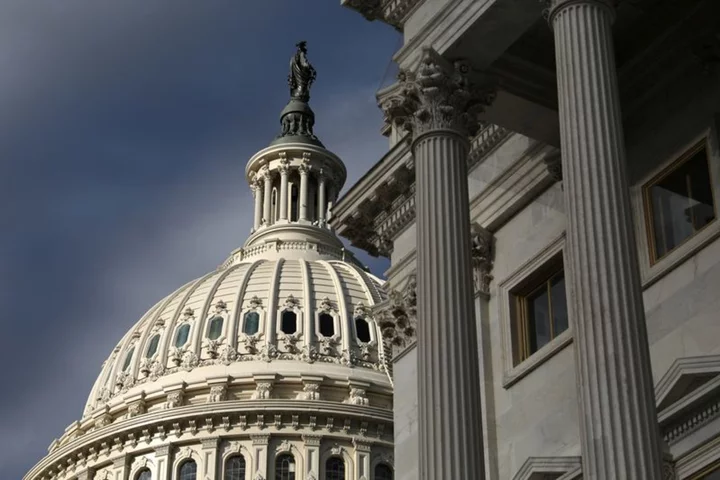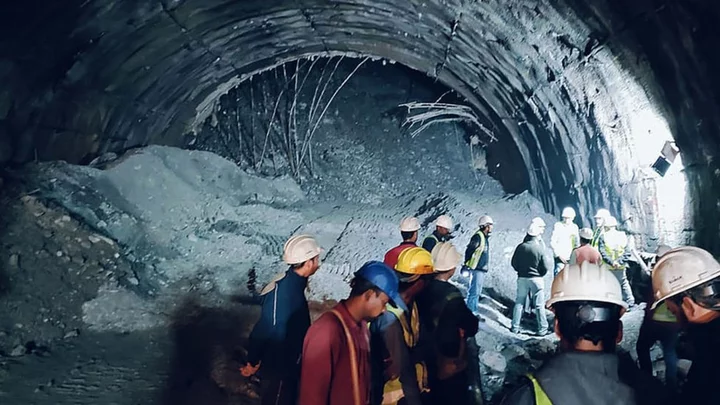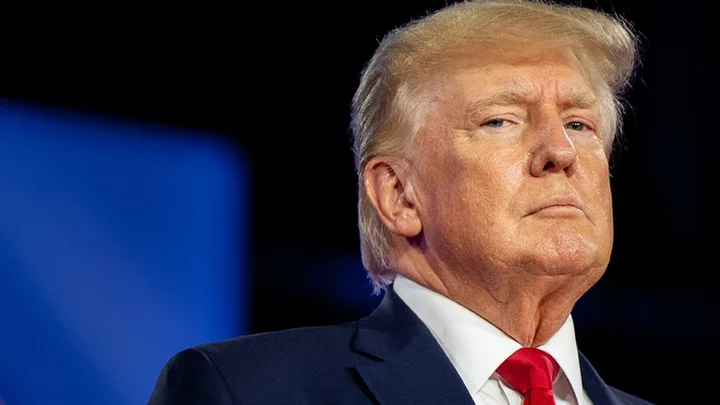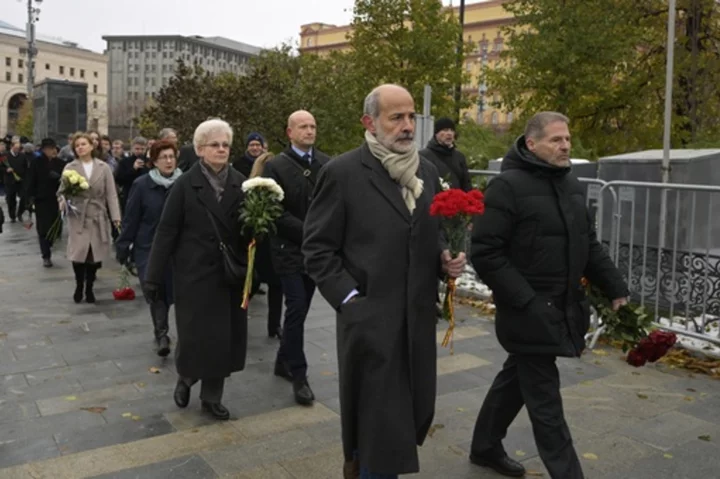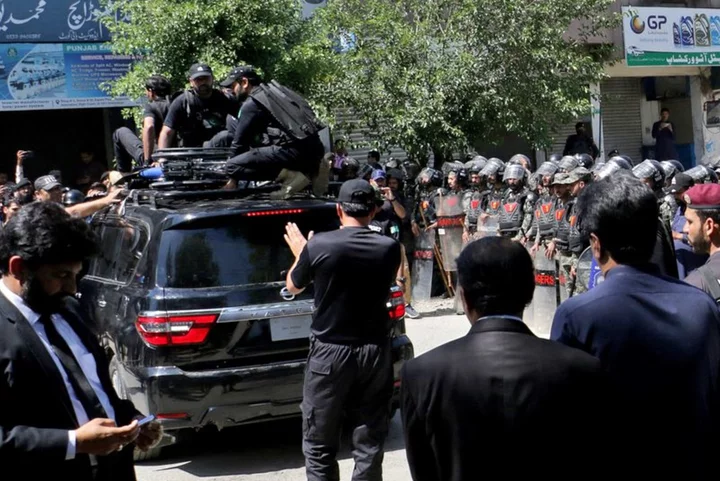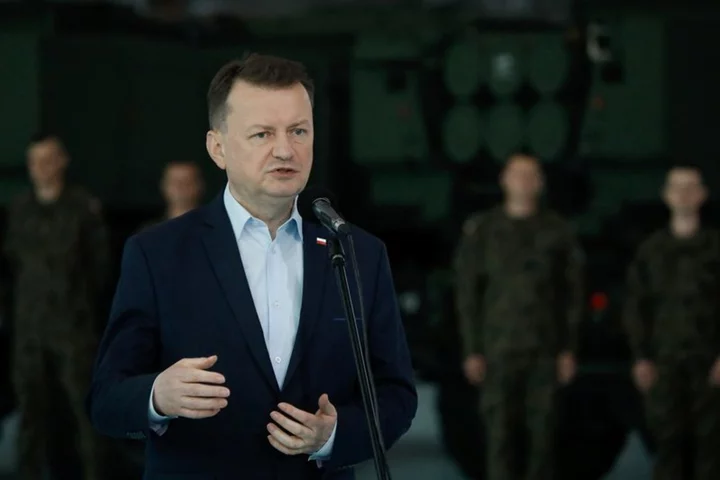A United States national entered North Korea during a tour of the heavily-fortified border and is believed to have been detained, the United Nations Command said Tuesday.
"A US national on a JSA orientation tour crossed, without authorisation, the Military Demarcation Line into the Democratic People's Republic of Korea (DPRK)," the UN Command said, referring to the Joint Security Area and the border between the Koreas.
"We believe he is currently in DPRK custody and are working with our KPA counterparts to resolve this incident," it added, referring to the North's Korean People's Army.
Since the 1950-1953 Korean War ended with an armistice not a peace treaty the two countries remain technically at war, with a Demilitarised Zone running along the heavily-fortified border.
Soldiers from both sides face off at the Joint Security Area north of Seoul, which is overseen by the United Nations Command.
It is also a popular tourist destination, and hundreds of visitors every day tour the area on the South Korean side.
Former US president Donald Trump met with North Korean leader Kim Jong Un at the Panmunjom Truce Village in 2019 and even stood on the North Korean soil by stepping across the demarcation line there.
In general, defections between the two Koreas are rare, but far more common in the other direction, when North Koreans seek to escape grinding poverty and repression by fleeing, typically across the northern land border into China.
The last time there was a defection at the JSA was in 2017, when a North Korean soldier drove a military jeep then ran on foot across the demarcation line at Panmunjom.
He was shot multiple times by his fellow North Korean soldiers as they sought to prevent his escape, but after hours of surgery, he survived.
"Panmonjom is the most likely site this American chose to cross into North Korea because it's the only location one could attempt such a move out of the whole JSA tour," Choi Gi-il, a professor of military studies at Sangji University told AFP.
- Nuclear sub -
The apparent defection comes as relations between the two Koreas are at one of their lowest points ever, with diplomacy stalled and North Korean leader Kim Jong Un calling for increased weapons development, including tactical nuclear weapons.
Seoul and Washington have ramped up defence cooperation in response, staging joint military exercises with advanced stealth jets and US strategic assets.
On Tuesday, the allies held the first Nuclear Consultative Group (NCG) meeting in Seoul, which aims to improve nuclear coordination and boost military readiness against North Korea.
"As we speak, an American nuclear submarine is making port in Busan today, the first visit of American nuclear submarine in decades," White House Indo-Pacific coordinator Kurt Campbell told reporters after the meeting.
The last time Washington deployed one of its nuclear-capable submarines to South Korea was in 1981.
Washington announced it would deploy a submarine capable of launching ballistic missiles with nuclear warheads to the Korean peninsula in April, while South Korean President Yoon Suk Yeol was on a state visit. It did not specify a timeline.
The move is likely to trigger a strong response from the North, which baulks at having US nuclear assets deployed around the Korean peninsula.
Kim Yo Jong, the powerful sister of leader Kim Jong Un, said Monday that such actions would only "make the (Democratic People's Republic of Korea) go farther away" from possible talks.
kjk/ceb/mtp

